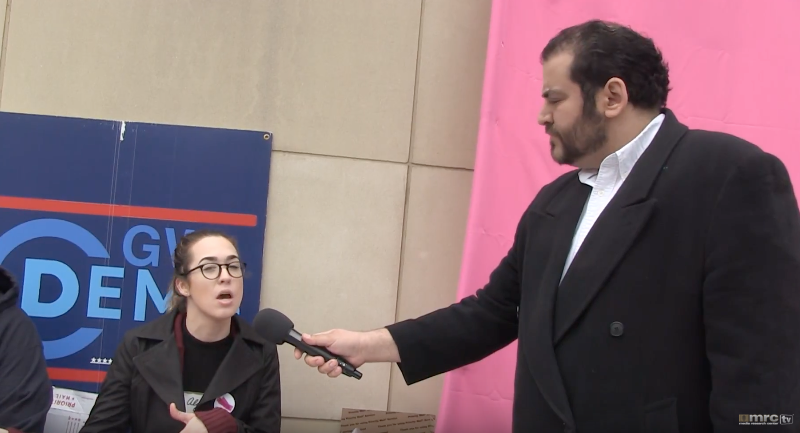

And so I thought the idea that would, in the case of Pulp Fiction, would be kind of cool, was to take three separate stories, and make them the oldest stories in the book, whether it be, um.Vincent's character, the hoodlum, has to go out with the boss's lady, but don't touch her! And there's the whole history of people who *have* touched her, and what happens. You know, when they say they ambush a German patrol of six guys and then they scalp them, maybe even take their shoes off, so when they are found there is even less dignity in the death - all these little things that they do. So in my re-imagining of this whole thing, I kind of placed the Jews as the Indians in this scenario. I was trying to do like a spaghetti western but using World War II iconography. To put in even shorter nutshell, they're actually doing literally the Apache resistance, but against the Nazis, against the Germans.Īnd that was one of the things - one of the reasons I wanted to do something like that, other than for all the other reasons you said before about - it's a revenge fantasy and this and that. I mean, basically what they're doing - you described it really, really well. And that was what I was trying to do with this in this genre. It was an old genre took place in the '30s, but it was actually telling you something about the time today. I wanted the film sort of the way "Bonnie and Clyde" worked when it came out.
PLANNED PARENTHOOD FUNDRAISER QUENTIN QUARANTINO MOVIE
I thought that was one of the aspects that would actually make the movie not just seem like a World War II movie that it's like here and you're looking at it in the eyes of the past. Because I think there are a lot of things like that - not about that issue, but there's a lot of things in this movie that are not used to seeing in other World War II movies. But you know, that was one of the things that I actually thought that - it was one of the things that when I was all done. However, once I did it, the irony was not lost on me at all.

It literally was just the next step in the story as far as I was concerned. Again, I wasn't trying to necessarily make a political point in there. He goes your mission - some would call it a terrorist plot - is kaput. Even the character, Landa, the Jew hunter, the Nazi character in the film - he even makes a reference to it. And they're walking into a theater crowded with evil civilians and they are prepared to blow it up. Yes they're strapping bombs on themselves. It was just what made sense for the characters to do at that time. I wasn't trying to make a terrorist Iraq commentary with the film. But that was never something that I necessarily set out to do. Now, I've seen people who have seen the movie like three or four times and it never quite sinks into them. Tarantino's next film was Від сутінків до світанку (1996), a vampire/crime story which he wrote and co-starred with George Clooney.

The film opened December 25 in the United States to very weak reviews. In 1995, Tarantino directed one fourth of the anthology Чотири кімнати (1995) with friends and fellow auteurs Alexandre Rockwell, Robert Rodriguez and Allison Anders. Tarantino and writing partner Roger Avary came away with the award only for best original screenplay. At the 1995 Academy Awards, it was nominated for the best picture, best director and best original screenplay. Two years later, he followed up Dogs success with Кримінальне чтиво (1994) which premiered at the Cannes film festival, winning the coveted Palme D'Or Award. The film garnered critical acclaim and the director became a legend immediately. In January of 1992, first-time writer-director Tarantino's Скажені пси (1992) appeared at the Sundance Film Festival. Quentin moved with his mother to Torrance, California, when he was four years old. His father, Tony Tarantino, is an Italian-American actor and musician from New York, and his mother, Connie (McHugh), is a nurse from Tennessee. Quentin Jerome Tarantino was born in Knoxville, Tennessee.


 0 kommentar(er)
0 kommentar(er)
